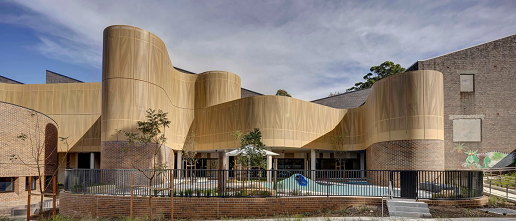President Lai Ching-te has set a goal to transform Taiwan into an AI island. Taiwan holds advantages in semiconductor manufacturing and AI server production but still needs to strengthen its capabilities in AI-related IC design, generative AI applications and services, and talent development. Generative AI offers new prospects for human life and economic development. Countries hope to develop customized AI inference models by combining their data with open-source large language models. Lai Ching-te aims to drive Taiwan's economic growth through dual cores of semiconductors and AI.
.jpg)
NVIDIA and AMD plan to expand their investments in Taiwan, including establishing R&D centers and supercomputers. (Photo / motionelements
Supportive Policies and Collaboration
The government is promoting the "Taiwan Chip Act," which provides tax incentives for R&D and equipment expenditures and is pushing for amendments to the Industrial Innovation Act to include AI applications and IC design. The National Science Council's "Innovative Chips" project guides domestic IC design firms to invest in emerging fields such as AI and high-performance computing. The Ministry of Economic Affairs has secured computing resources from NVIDIA's AI supercomputer, and President Lai Ching-te has pledged that the government will further invest in building supercomputers to accelerate the development of Taiwan's generative AI core technologies.
Challenges in Talent and Future Development
The biggest challenge in Taiwan's AI development is the talent shortage, intending to train 200,000 people by 2028. Peng Shuanglang(彭双浪),Taipei Computer Association Chairman pointed out that AI computing power and professional talent are fundamental to future progress. Guo Zhihui(郭智輝),Minister of Economic Affairs emphasized that Taiwan currently lacks AI application engineers, affecting the implementation of AI across various industries. The Ministry of Economic Affairs is collaborating with industry associations, international companies, and schools to create industrial AI courses and integrate supportive policies to increase the application rate of AI in manufacturing to 50%.
.jpg)
The Taipei International Computer Exhibition attracts major companies like NVIDIA and AMD, proving Taiwan's strong appeal. (Photo / motionelements)
Attracting Investment and Future Prospects
The Taipei International Computer Exhibition attracts major companies like NVIDIA and AMD, proving Taiwan's strong appeal. NVIDIA and AMD plan to expand their investments in Taiwan, including establishing R&D centers and supercomputers. Experts suggest that central and local governments, along with academia and research sectors, should collaborate to turn major investments into driving forces for Taiwan, attracting more international AI companies to invest. The government needs to develop AI through policy tools and international connections, ensuring the stable development of international AI companies in Taiwan, while guaranteeing a stable power supply and sufficient green energy to accelerate the realization of the AI island goal.

.jpg)





